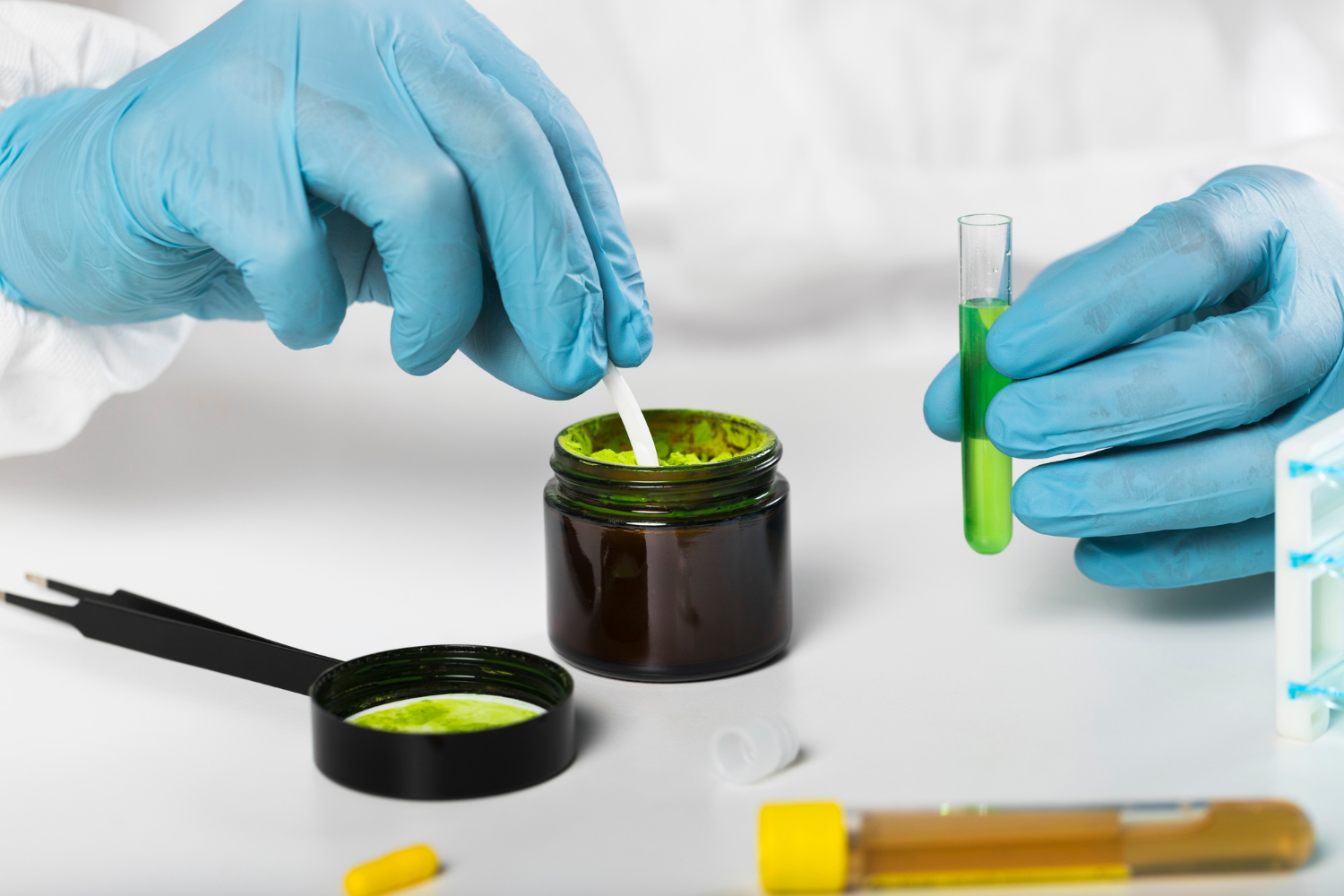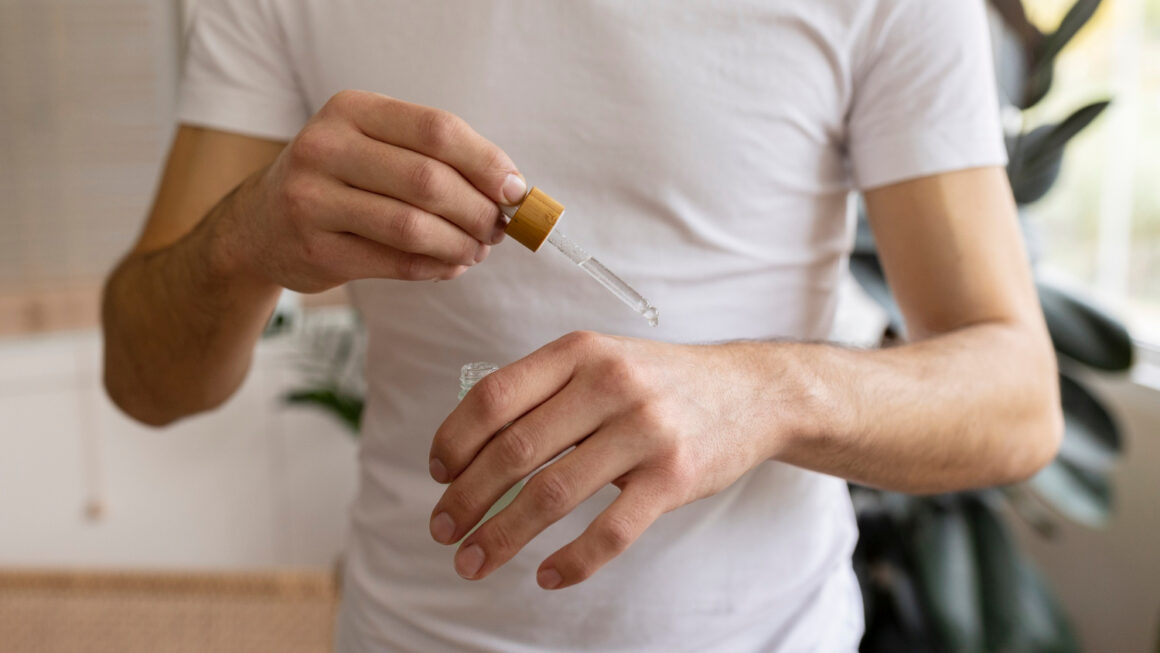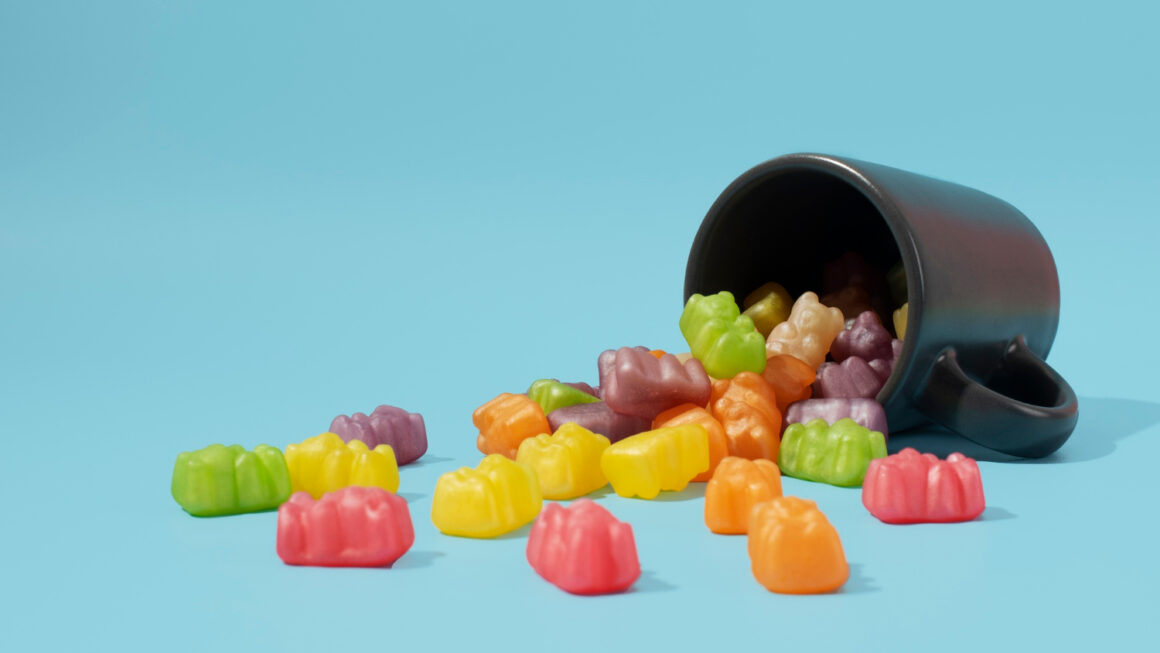CBD is known for its therapeutic properties, its use has raised concerns about drug testing and detection. Urine analysis, which looks for specific substances in the urine, is one of the most popular ways to test for drugs. CBD, like other drugs, can be detected in urine for a period of time after it has been consumed.
In this article, we will explore how long CBD is detectable in urine, factors that can influence detection time, and methods to reduce the detection of CBD in urine.
CBD and Drug Testing
Cannabidiol, sometimes known as CBD, is a chemical found in Cannabis sativa. Contrary to THC (tetrahydrocannabinol), another component of cannabis, CBD is not psychoactive and does not result in a “high” feeling. Chronic pain, anxiety, and epilepsy are just a few of the medical issues that CBD is frequently used to treat.
CBD is still a worry for drug testing even though it is lawful in many nations and is not regarded as a banned substance. This is true because many drug tests are meant to find both legal and illegal substances that can impair safety or performance at work, such as alcohol or prescription pharmaceuticals.
The biggest question surrounding CBD is whether using it could result in a positive drug test result. The majority of drug tests check for the presence of THC and its metabolites because THC is the psychoactive ingredient in cannabis and causes the “high” experience. However, some drug tests may also look for other cannabinoids, including CBD, especially in situations where the use of CBD is not allowed, such as in certain sports or jobs.
How Long is CBD Detectable in Urine?
The quantity and frequency of use, the mode of consumption, and the individual’s metabolism all have an impact on how long CBD remains detectable in urine. For up to three days following ingestion, CBD is typically detectable in urine, though this can vary depending on certain conditions.
One study examined the time window for finding CBD in urine after consuming cannabis with various THC and CBD concentrations. The study found that after consuming cannabis with a high CBD concentration (4%), but low THC content (0.39%), CBD was still detectable in urine for up to three days. CBD was detectable in urine for up to four days after smoking cannabis with a low CBD content (0.25%) and a high THC content (14%) nevertheless.
Another study examined the detection window for CBD in urine after the ingestion of a CBD-rich oil. The study found that CBD was detectable in urine for up to five days after ingestion, with a maximum concentration reached after 24 hours.
It is important to note that these studies used different methods of consumption and different levels of CBD, THC, and other cannabinoids, which can affect the detection window. Additionally, other factors such as age, weight, and overall health can also influence the detection window for CBD.
Factors that Affect the Detection Window for CBD
As mentioned, several factors can influence the length of time that CBD is detectable in urine.
Here are some of the key factors that can affect the detection window:
Amount and Frequency of Use: The more CBD a person uses and the more often they use it, the longer it will stay in their system and be detectable in urine. For example, a person who uses CBD daily may have a longer detection window than someone who uses it once a week.
Method of Consumption: The way that CBD is consumed can also affect the detection window. Ingesting CBD in the form of edibles or oils may result in a longer detection window compared to smoking or vaping CBD.
Individual Metabolism: Each person has a unique metabolism, and some may be more or less metabolically active than others. How long it takes the body to process and discard chemicals, including CBD, is greatly influenced by metabolism. People who have a faster metabolism might be able to get rid of CBD from their bodies more quickly, whereas people who have a slower metabolism might need more time.
Body Mass Index (BMI): A person’s BMI, or the ratio of their weight to height, can also impact how long CBD stays in their system. People with a higher BMI tend to have a larger amount of body fat, which can store CBD and other substances for longer periods of time. This means that people with a higher BMI may have a longer detection window for CBD.
Hydration: Drinking plenty of water and staying hydrated can help to flush out substances from the body more quickly, including CBD. Conversely, dehydration can slow down the elimination of substances, leading to a longer detection window.
Quality and Potency of CBD: The quality and potency of the CBD product used can also impact the detection window. Products that contain higher concentrations of CBD may take longer to be eliminated from the body, resulting in a longer detection window.
Methods to Reduce the Detection of CBD in Urine:
For those who are concerned about testing positive for CBD in a drug test, there are several methods that may help to reduce the detection of CBD in urine.
Here are some strategies to consider:
Stop Using CBD: The most effective way to ensure that CBD is not detectable in urine is to stop using it altogether. This may not be feasible for those who rely on CBD for medical reasons, but for others, it may be a viable option.
Reduce Frequency and Amount of Use: If stopping CBD use is not an option, reducing the frequency and amount of use can also help to shorten the detection window. However, it is important to note that the exact length of the detection window can still vary depending on other factors.
Choose Products with Lower CBD Concentrations: Products that contain lower concentrations of CBD may be eliminated from the body more quickly, resulting in a shorter detection window.
Stay Hydrated: Drinking plenty of water and staying hydrated can help to flush out substances from the body more quickly, including CBD.
Exercise: Regular exercise can help to speed up metabolism and improve overall health, which can aid in the elimination of CBD from the body.
Seek Medical Advice: If you are using CBD for medical reasons and are concerned about drug testing, it may be helpful to speak with your healthcare provider. They may be able to provide guidance on how to manage your CBD use in a way that minimizes the risk of a positive drug test.
Conclusion
Depending on a number of variables, including the quantity and frequency of usage, the mode of consumption, a person’s metabolism, BMI, level of hydration, and the quality and potency of the CBD product, CBD can be detected in urine for up to three to five days after intake.
While stopping CBD use is the most effective way to ensure that it is not detectable in urine, other strategies such as reducing frequency and amount of use, choosing products with lower CBD concentrations, staying hydrated, exercising, and seeking medical advice may also help to reduce the risk of a positive drug test.
It is important to keep in mind that the length of the detection window can still vary depending on individual factors and that drug testing policies may vary between different organizations and jurisdictions.




